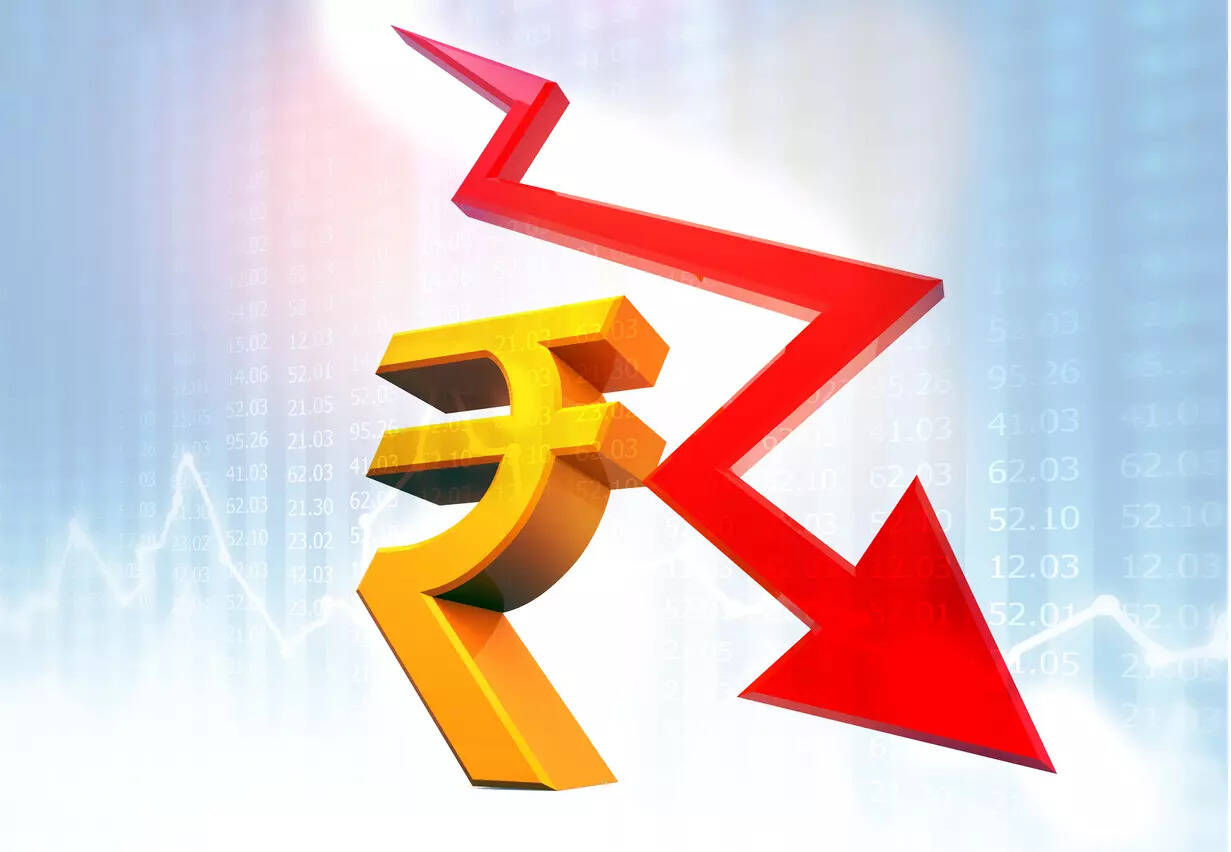
The Indian rupee declined against the U.S. dollar on Tuesday alongside its Asian peers on concerns that the collapse of the Silicon Valley Bank (SVB) could have broader consequences.
The rupee was at 82.4150 to the dollar by 11:02 a.m. IST, down from 82.3850 in the previous session. The local currency opened at 82.27.
There is an interest to sell the dollar from exporters, but the overall risk avoidance mood is pushing the pair (USD/INR) higher, a spot trader at a private sector bank said.
It is “more than likely” that the rupee will fall below the 82.50 level, he said.
The SVB’s failure continued to ripple across various assets. Asian equities and currencies declined and bond prices rose. U.S. bond yields rose following an overnight plunge.
Investors are avoiding risk assets in the wake of the lender’s collapse and betting on rate cuts by the U.S. Federal Reserve later this year.
Futures are pricing in rate cuts by the Fed from June onwards and expect rates to be near 4% by December.
The U.S. inflation data due later in the day could change this. Prior to the SVB episode, the prime focus was on the inflation outlook.
“U.S. inflation data provides another key concern for markets,” Joshua Mahony, senior market analyst at IG Asia, said in a note.
The huge amount of Fed interest rate uncertainty that currently exists will be influenced by Tuesday’s inflation data, Mahony said.
The rupee premiums rose with the 1-year implied yield reaching 2.33%, the highest in six weeks.
India inflation data out on Monday was slightly higher than expected, reinforcing expectations that the Reserve Bank of India will hike rates by 25 basis points next month.